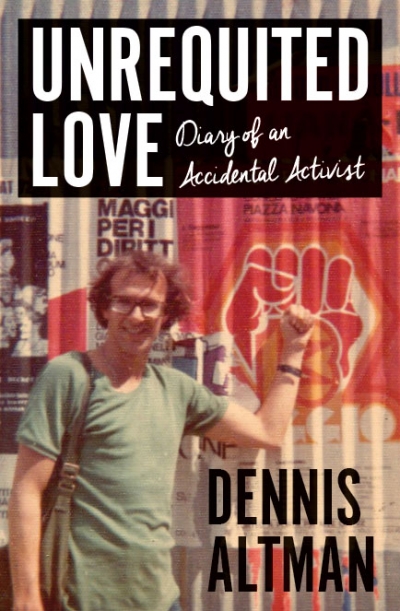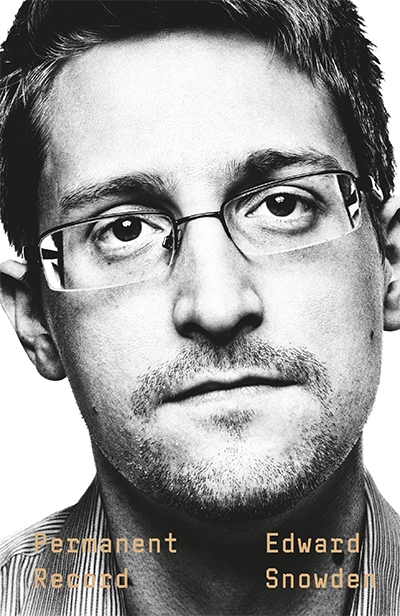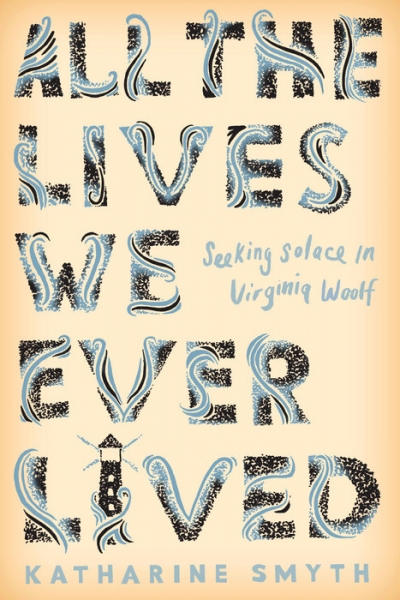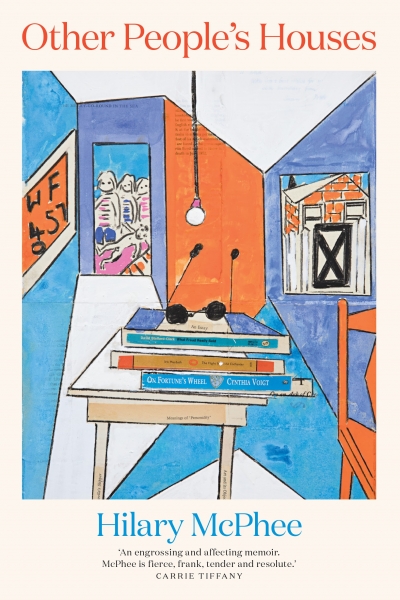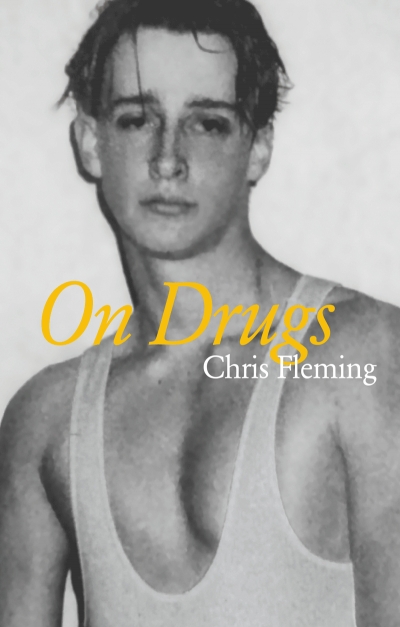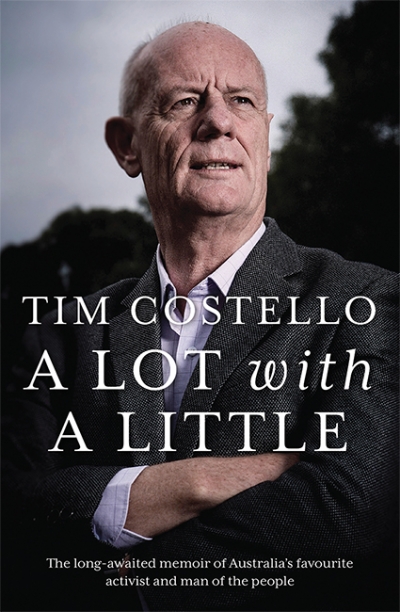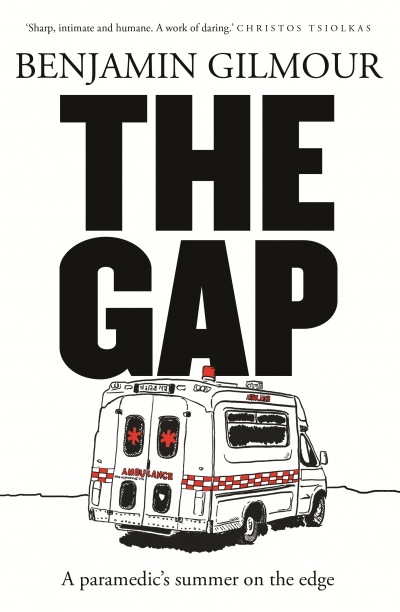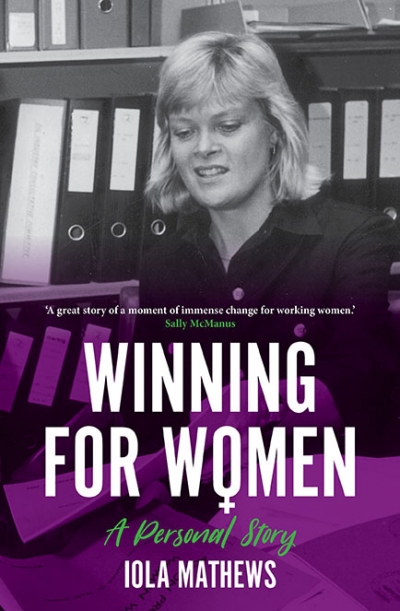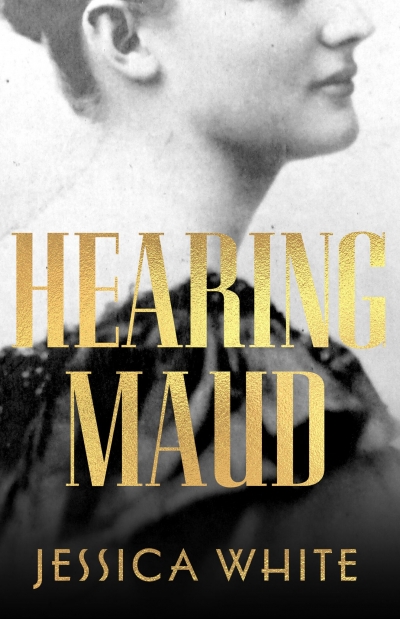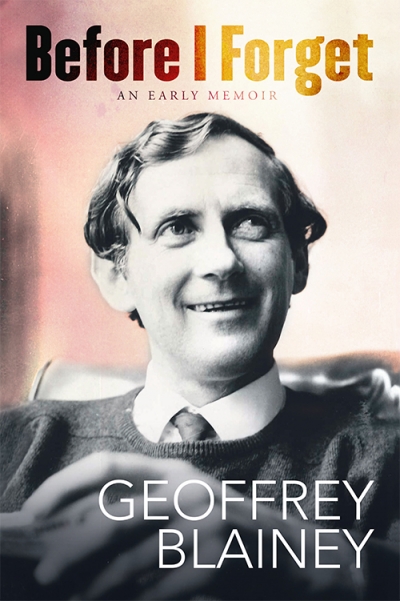At first glance, the premise of this book seems dubious. Katharine Smyth, an American woman in her mid-twenties, turns to the life and work of Virginia Woolf for solace after the death of her father. There is no doubt that Woolf writes brilliantly about death, particularly in the novel Smyth focuses on, To the Lighthouse (1927), which fictionalises the death of Woolf’s mother, Julia Stephen. But what comfort could Smyth hope to find in the work of a writer who herself refuses any of the usual consolations? After losing her mother and her elder half-sister, Stella, in her early teens, and then her father, Leslie, and her elder brother, Thoby, in her twenties, Woolf knew that there was no solace to be found. Her only comfort was that at least ‘the gods (as I used to phrase it) were taking one seriously’.
...
(read more)

